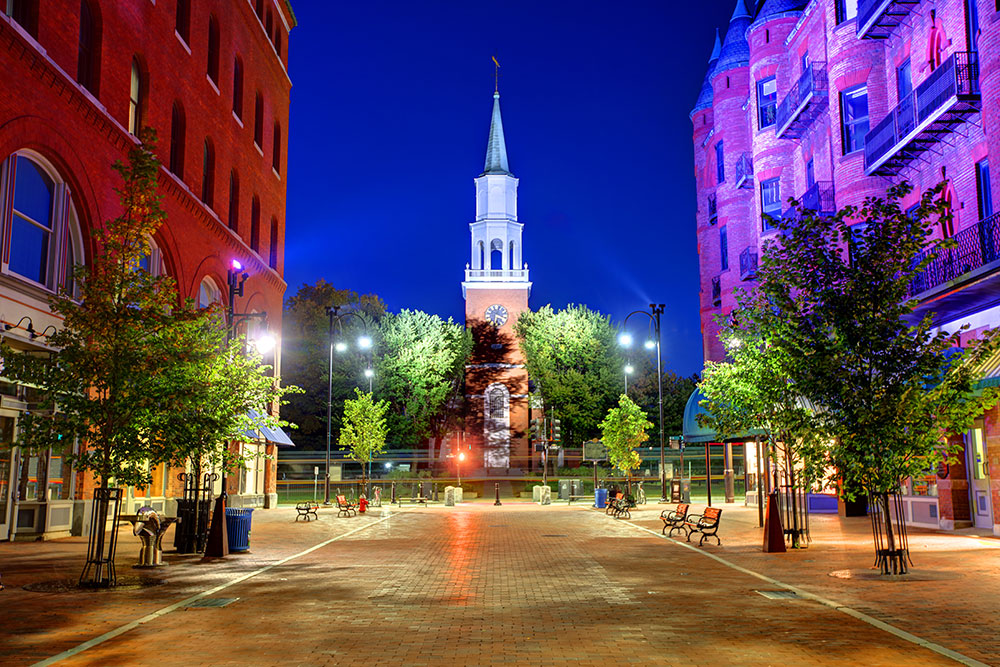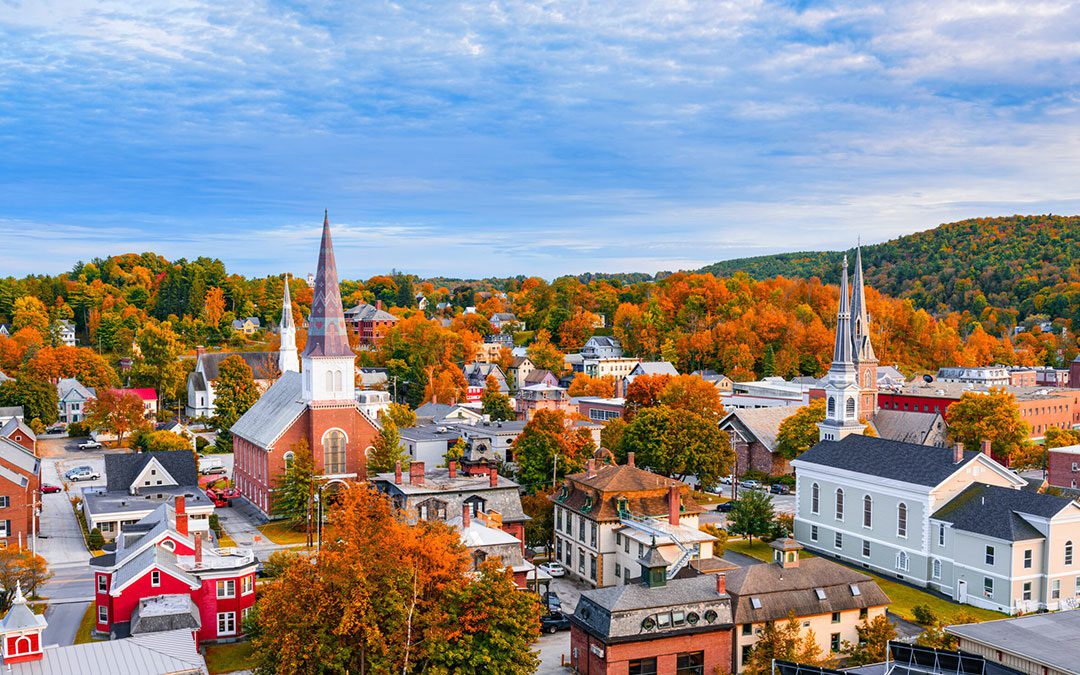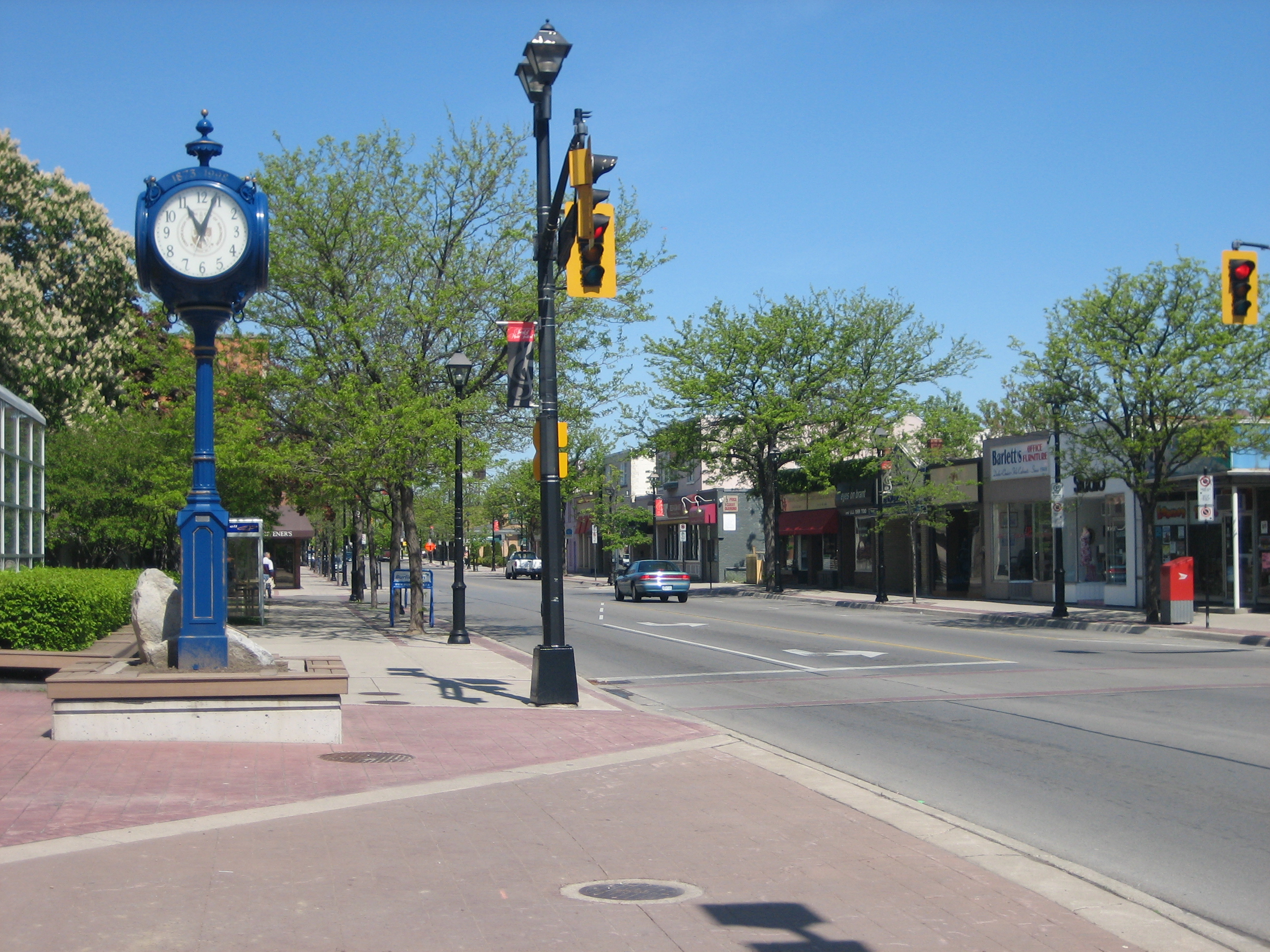Moving To Burlington From Hamilton
Are you considering making the move from Hamilton to Burlington? If so, you're not alone. Many individuals and families are drawn to Burlington's charm, scenic waterfront, and strong sense of community. As Hamilton's neighbor to the west, Burlington offers a similar blend of urban and rural living, but with its own unique character. From its vibrant downtown core to its picturesque parks and trails, Burlington has a lot to offer. In this article, we'll explore the benefits of making the move to Burlington from Hamilton, and provide you with the essential information you need to know.

- Why Make the Move: Burlington vs. Hamilton Comparison
- Is Burlington on a good place to live?
- Is Burlington a Good Place to Live?
- Why are people moving to Burlington?
- Is Burlington considered Hamilton?
- FAQ
- What are the main differences between living in Burlington and Hamilton?
- How does the commute from Burlington to Hamilton compare to living in Hamilton?
- What are the job opportunities like in Burlington compared to Hamilton?
- What are the best neighborhoods to live in Burlington for someone moving from Hamilton?
Why Make the Move: Burlington vs. Hamilton Comparison
When considering a move from Hamilton to Burlington, there are several factors to take into account. Both cities have their unique characteristics, advantages, and disadvantages. Here's a comprehensive comparison to help you make an informed decision.
Cost of Living: Burlington vs. Hamilton
The cost of living in Burlington is slightly higher compared to Hamilton. According to data from Numbeo, the cost of living index in Burlington is 74.25, while in Hamilton it's 69.25. This means that Burlington is about 7% more expensive than Hamilton. However, this difference can be attributed to the higher quality of life and amenities available in Burlington.
| Category | Burlington | Hamilton |
|---|---|---|
| Rent (1-bedroom apt) | $1,800 | $1,400 |
| Groceries (milk, bread, eggs) | $3.50 | $3.25 |
| Transportation (gas, insurance) | $200 | $180 |
Job Opportunities and Economy
Burlington has a stronger economy compared to Hamilton, with a lower unemployment rate (4.3% vs. 5.2%). The city is home to a diverse range of industries, including manufacturing, healthcare, and technology. Major employers in Burlington include the City of Burlington, Halton Healthcare, and Siemens Canada. Hamilton, on the other hand, has a strong presence of manufacturing and steel production industries.
Education and Healthcare
Both cities have excellent education and healthcare systems. Burlington is served by the Halton District School Board and the Halton Catholic District School Board, while Hamilton is served by the Hamilton-Wentworth District School Board and the Hamilton-Wentworth Catholic District School Board. In terms of healthcare, Burlington is home to the Joseph Brant Hospital, while Hamilton has the Hamilton Health Sciences and St. Joseph's Healthcare Hamilton.
Commute and Transportation
Burlington has a more extensive public transportation system compared to Hamilton. The Burlington Transit system offers convenient bus services, and the city is also connected to the GO Transit network. Hamilton, on the other hand, has a more limited public transportation system, although it is also part of the GO Transit network.
Lifestyle and Amenities
Burlington offers a more suburban lifestyle, with a strong focus on outdoor recreation and cultural activities. The city has over 580 parks and green spaces, as well as a vibrant downtown area with shops, restaurants, and cultural attractions. Hamilton, on the other hand, has a more urban feel, with a rich history and cultural scene. The city is home to the Royal Botanical Gardens, the Canadian Warplane Heritage Museum, and the Hamilton Philharmonic Orchestra.
Is Burlington on a good place to live?

Is Burlington a Good Place to Live?
Burlington is a city located in the northwestern part of Vermont, USA. It is known for its natural beauty, outdoor recreational activities, and a strong sense of community. Burlington has a population of around 42,000 people, making it the largest city in Vermont. Whether Burlington is a good place to live depends on various factors, including personal preferences, lifestyle, and priorities. Here are some aspects to consider:
Pros of Living in Burlington
Burlington offers a unique blend of urban and rural living, with access to nature, cultural attractions, and a thriving downtown area. Some of the benefits of living in Burlington include:
- Natural Beauty: Burlington is surrounded by the Green Mountains and Lake Champlain, offering ample opportunities for outdoor activities like hiking, skiing, and water sports.
- Vibrant Cultural Scene: The city has a rich cultural scene, with numerous festivals, concerts, and events throughout the year, including the Burlington Jazz Festival and the Vermont Shakespeare Festival.
- Strong Sense of Community: Burlington is known for its friendly and welcoming community, with a strong sense of social responsibility and a thriving small business scene.
Things to Consider Before Moving to Burlington
While Burlington has many desirable qualities, there are some factors to consider before deciding to move there. Some of these include:
- Weather: Burlington experiences a humid continental climate, with cold winters and mild summers. The city can be quite snowy, with an average annual snowfall of over 70 inches.
- Cost of Living: Burlington has a relatively high cost of living, with above-average housing costs and taxes.
- Job Market: While Burlington has a strong economy, the job market can be competitive, and wages may be lower than in larger cities.
Neighborhoods in Burlington
Burlington has a range of neighborhoods to choose from, each with its own unique character. Some popular neighborhoods include:
- The Waterfront: This downtown neighborhood is located along Lake Champlain and offers stunning views, access to parks, and a vibrant nightlife.
- The Old North End: This historic neighborhood is known for its charming architecture, walkability, and sense of community.
- New North End: This neighborhood is located just north of downtown and offers a mix of old and new housing, parks, and easy access to amenities.
Why are people moving to Burlington?

Burlington, Vermont, has become an attractive destination for many individuals and families in recent years. The city's unique blend of natural beauty, outdoor recreation opportunities, and a strong economy has made it an appealing place to call home. Here are some reasons why people are moving to Burlington:
Lifestyle and Recreation
Burlington offers an exceptional quality of life, with easy access to outdoor activities such as hiking, biking, and skiing. The city's proximity to Lake Champlain and the Adirondack Mountains provides endless opportunities for water sports, camping, and exploring. Additionally, Burlington's vibrant cultural scene, including numerous festivals and events, makes it an attractive destination for those who value a rich cultural experience.
- Outdoor recreation opportunities: Burlington has over 30 miles of bike paths, 15 parks, and 10 beaches, making it an ideal location for outdoor enthusiasts.
- Cultural events and festivals: Burlington hosts a range of festivals, including the Burlington Jazz Festival, Vermont Shakespeare Festival, and the Lake Champlain Dragon Boat Festival.
- Access to nature: The city's proximity to Lake Champlain and the Adirondack Mountains offers stunning views and endless opportunities for outdoor exploration.
Economy and Job Opportunities
Burlington has a thriving economy, driven by a mix of industries including healthcare, education, technology, and tourism. The city is home to several major employers, including the University of Vermont and the University of Vermont Medical Center. Additionally, Burlington has a growing startup scene, with numerous incubators and accelerators supporting entrepreneurs and small businesses.
- Major employers: University of Vermont, University of Vermont Medical Center, and GlobalFoundries are among the city's largest employers.
- Startup ecosystem: Burlington is home to several incubators, accelerators, and coworking spaces, including the LaunchVT accelerator and the UVM Innovate initiative.
- Growing industries: Burlington is seeing growth in industries such as healthcare, technology, and tourism, providing a range of job opportunities for residents.
Affordability and Education
Compared to other cities in the United States, Burlington has a relatively low cost of living, making it an attractive destination for individuals and families looking for an affordable place to call home. Additionally, the city is served by a range of high-quality educational institutions, including the University of Vermont and Champlain College.
- Affordable housing: Burlington has a lower cost of living compared to other cities in the United States, making it an attractive destination for those looking for affordable housing.
- High-quality education: Burlington is home to several top-ranked educational institutions, including the University of Vermont and Champlain College.
- Access to healthcare: The city is served by the University of Vermont Medical Center, providing residents with access to high-quality healthcare services.
Is Burlington considered Hamilton?

Burlington and Hamilton are two distinct cities located in the province of Ontario, Canada. While they share a border and are part of the same metropolitan area, they are not the same city. Burlington is a separate municipality with its own government, services, and identity, whereas Hamilton is a larger city located to the east of Burlington.
Geographic Boundaries
The geographic boundaries between Burlington and Hamilton are clearly defined. Burlington is situated on the northwestern shore of Lake Ontario, while Hamilton is located inland, to the east of Burlington. The two cities are separated by the Niagara Escarpment, a natural boundary that runs east-west across the region. Burlington's limits extend from the lake to the escarpment, while Hamilton's limits extend from the escarpment to the east.
Municipal Services and Governance
Each city has its own municipal government, responsible for providing services such as water, sewage, roads, and public transit. Burlington City Council oversees the affairs of Burlington, while Hamilton City Council does the same for Hamilton. The two cities have their own police services, fire departments, and public libraries, among other services. While there may be some shared services or agreements between the two cities, they operate independently of each other.
Economic and Cultural Differences
Burlington and Hamilton have distinct economic and cultural profiles. Burlington has a strong service sector, with many head offices and technology companies. It is also known for its waterfront parks and recreational trails. Hamilton, on the other hand, has a rich industrial heritage, with a strong presence of manufacturing and steel production. It is also home to a vibrant arts and cultural scene, with numerous galleries and festivals. While there may be some overlap between the two cities, they each have their own unique character and identity.
- Burlington has a strong service sector, with many head offices and technology companies.
- Hamilton has a rich industrial heritage, with a strong presence of manufacturing and steel production.
- Both cities have their own unique cultural profiles, with Burlington known for its waterfront parks and recreational trails, and Hamilton home to a vibrant arts and cultural scene.
FAQ
What are the main differences between living in Burlington and Hamilton?
When considering a move from Hamilton to Burlington, it's essential to understand the distinct characteristics of each city. Burlington is a more suburban and affluent area, with a strong sense of community and a smaller-town feel. In contrast, Hamilton is a larger, more urban city with a rich history and a diverse cultural scene. Burlington offers a more laid-back atmosphere, with plenty of green spaces and waterfront activities, whereas Hamilton is known for its vibrant downtown area, with a variety of restaurants, bars, and entertainment options. Additionally, Burlington has a slightly higher cost of living, with more expensive housing options, whereas Hamilton is generally more affordable.
How does the commute from Burlington to Hamilton compare to living in Hamilton?
One of the primary concerns for those considering a move from Hamilton to Burlington is the commute. Fortunately, the two cities are relatively close, with Burlington located just 30-40 minutes west of Hamilton via the Queen Elizabeth Way (QEW). This makes it easy to maintain connections with friends, family, and professional networks in Hamilton while still enjoying the benefits of living in Burlington. However, it's essential to factor in the cost of commuting, including fuel, tolls, and parking, which can add up quickly. On the other hand, living in Hamilton eliminates the need for a daily commute, allowing you to invest your time and money in other areas.
What are the job opportunities like in Burlington compared to Hamilton?
When moving from Hamilton to Burlington, it's crucial to consider the job market in both cities. Burlington has a strong economy, with a mix of industries, including manufacturing, healthcare, and technology. The city is also home to a growing number of startups and small businesses. While there are certainly job opportunities available in Burlington, the city's economy is smaller compared to Hamilton, which has a more diverse range of industries, including steel production, healthcare, and education. Hamilton is also home to a larger number of major employers, including McMaster University and St. Joseph's Healthcare. However, Burlington's proximity to Toronto and the Greater Toronto Area (GTA) makes it an attractive option for those who want to work in the GTA but enjoy a smaller-town lifestyle.
What are the best neighborhoods to live in Burlington for someone moving from Hamilton?
For those moving from Hamilton to Burlington, choosing the right neighborhood is essential. Downtown Burlington is a popular option, with its vibrant waterfront, shopping, and dining scene. However, it's also one of the more expensive areas of the city. Aldershot is another popular neighborhood, with its mix of old and new homes, parks, and walking trails. Oakville is also worth considering, with its small-town charm, boutique shopping, and access to the lake. Ultimately, the best neighborhood for you will depend on your lifestyle, budget, and preferences. It's essential to research each area thoroughly and consider factors like commute time, schools, and amenities when making your decision.
